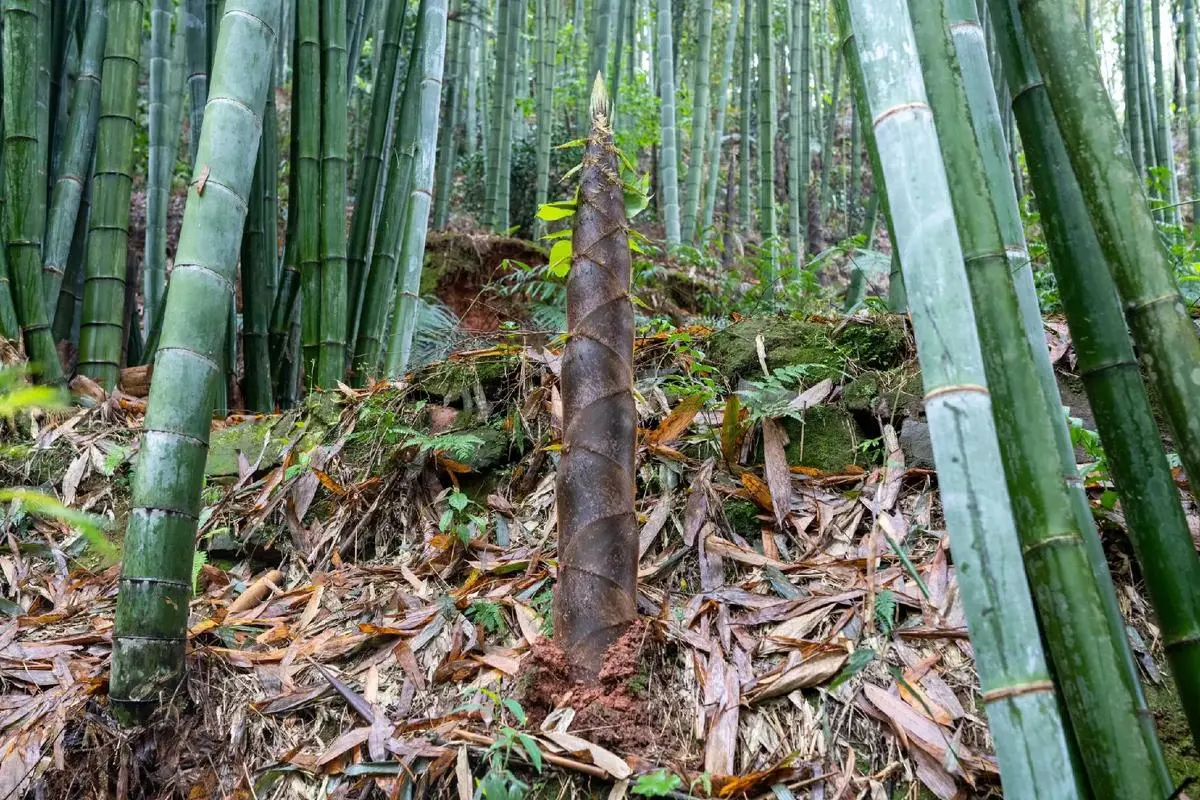Recently, at the headquarters of the International Bamboo and Rattan Organization in Beijing, an exchange meeting between the Latin American and Caribbean diplomatic missions in China and the International Bamboo and Rattan Organization was held. More than 20 ambassadors to China from 16 Latin American and Caribbean countries, including the Dominican Republic, Panama, Barbados, Venezuela, and the Bahamas, attended the event to discuss how to better utilize bamboo and rattan resources and promote sustainable economic and social development.
Jiang Zehui, co-chairman of the board of directors of the International Bamboo and Rattan Organization, pointed out in his speech that bamboo and rattan are the two most important non-wood forest resources in the world, especially bamboo, which plays an important role in improving livelihoods, developing the economy, protecting the environment, and responding to climate change. It is hoped that this exchange event will use bamboo as a medium, focus on Latin America, share China's bamboo industry development experience, promote knowledge dissemination, and promote best practices.
Mu Qiumu, director-general of the International Bamboo and Rattan Organization, said that the bamboo species in Latin America account for about 1/3 of the world, and a large number of resources have not been fully developed and utilized. The International Bamboo and Rattan Organization is an important platform for promoting South-South cooperation. It currently has 50 member countries, most of which are developing countries.
China is the country with the richest bamboo resources in the world and the earliest country to develop and use bamboo. In recent years, under the framework of South-South cooperation and the joint construction of the "Belt and Road", China's advanced experience in the development of the bamboo industry has been accelerated into Latin America and the Caribbean, helping relevant countries to develop processing industries and benefiting local people's livelihood.
In recent years, China has organized four international training courses specifically for Ecuador, covering topics such as bamboo processing technology, sustainable development of the bamboo industry, and value-added of the bamboo industry, and has trained nearly 200 senior officials and technicians. Christian Mancheno, Minister of the Ecuadorian Embassy in China, said: "The training program provided by China has helped Ecuador improve bamboo resource utilization technology and promote the sustainable development of the bamboo industry, with remarkable results."
Through sharing bamboo and rattan weaving skills and other related cooperation projects, China has helped farmers in Peru and other countries use bamboo resources to make bamboo furniture for sale, increasing income and improving life. Ivan Tello, Second Secretary of the Peruvian Embassy in China, said that Peru and China have broad prospects for cooperation in the development of the bamboo and rattan industry, and welcomes more Chinese experts to Peru to carry out research on bamboo and rattan germplasm resources, promote "replacing plastic with bamboo", and promote the sustainable development of Peru's economy.
Last November, China and the International Bamboo and Rattan Organization jointly launched the "Bamboo instead of Plastic" initiative at the Second World Bamboo and Rattan Conference to promote countries to reduce plastic pollution, respond to climate change, and accelerate the implementation of the United Nations 2030 Agenda for Sustainable Development. The "Bamboo instead of Plastic" initiative is a concrete action to implement global development initiatives and is welcomed by many developing countries. Barbados Ambassador to China Harlan Henry pointed out that China's bamboo and rattan industry is very mature and has achieved a win-win situation of economic development and environmental protection. "Latin American and Caribbean countries should learn from the successful experience of China's bamboo and rattan industry development and strengthen research and development and cooperation in the bamboo and rattan industry."
"As climate change and environmental problems become increasingly serious, countries are committed to achieving sustainable development and improving people's quality of life while protecting the environment." Fernando Lugris, head of the Latin American and Caribbean Mission in China and Ambassador of Uruguay to China, said that the "Bamboo instead of Plastic" initiative has opened a window of opportunity for the international community to jointly respond to climate change and help promote global sustainable development. It is hoped that Latin American and Caribbean countries will continue to strengthen cooperation with China and the International Bamboo and Rattan Organization, actively promote the development of the bamboo and rattan industry, and jointly build a clean and beautiful home for future generations.





